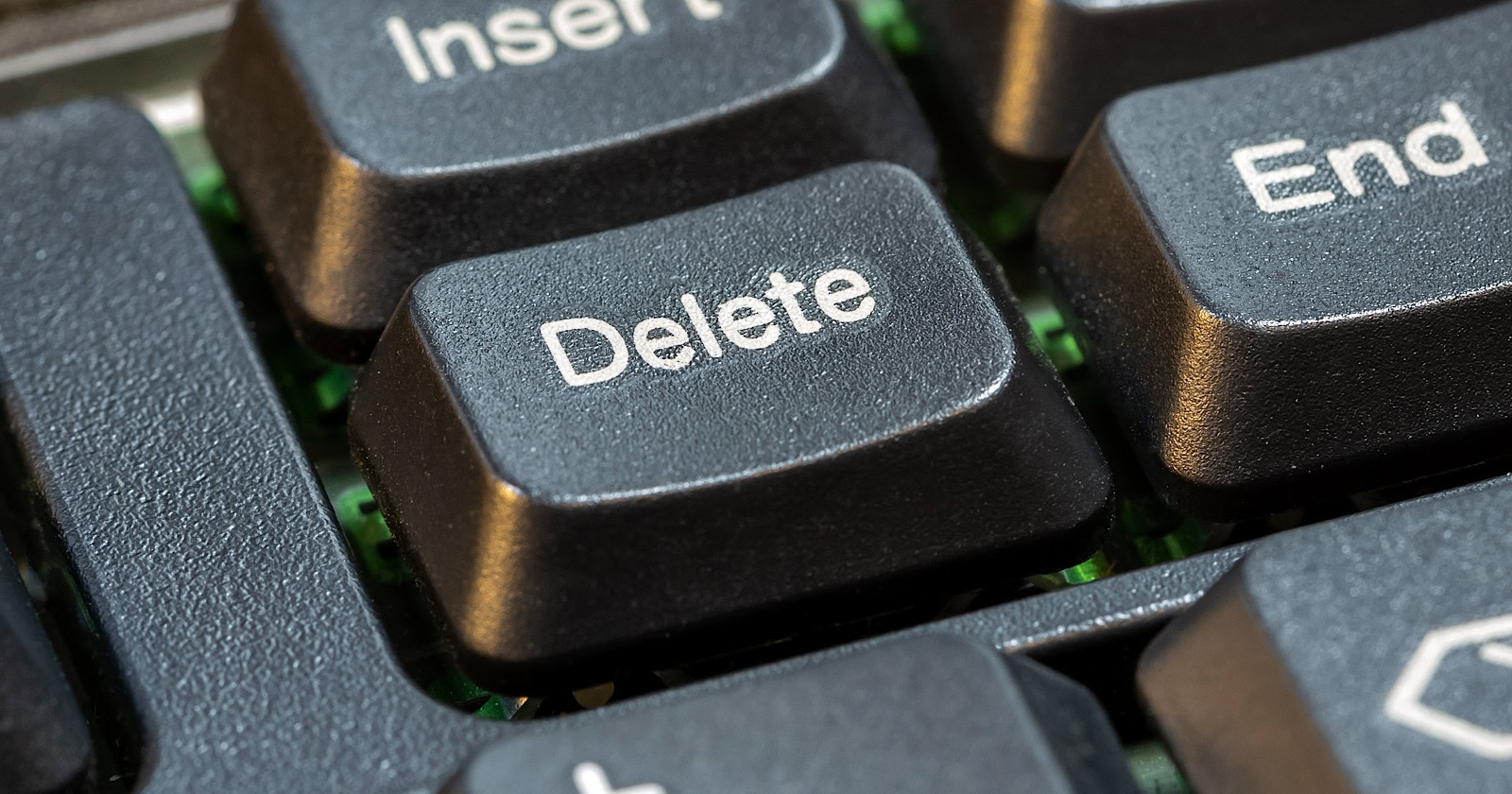Google’s John Mueller explained on Reddit how to remove unwanted content from search results.
This came up when someone asked about getting rid of an old article about their arrest that kept showing up in Google searches.
The person was arrested for a minor offense in 2018, but a news article appears in Google searches years later.
Even though the case was settled, the article is still on the first page of results, and the person wants it removed.
What can they do? Here’s what Mueller advised.
Mueller’s Guidance On Getting Content Removed
Mueller explained that even though the news outlet said they “de-indexed” the article, this process isn’t always quick or simple.
He suggested a few ways to tackle the issue:
- Complete Takedown: The news outlet said no to removing the article, but this is the most effective way, showing the page as a 404 error.
- Noindex Tag: This is probably what the news outlet did. It keeps the article on its site but tells search engines to ignore it. Mueller advised checking the page’s code for this tag.
- Name Swap: Mueller suggested asking the news outlet to replace the person’s name with something generic like “John Doe” as a workaround. This could make the article harder to find in name searches.
- Right to be Forgotten: For folks in some areas, especially Europe, this legal option might help.
About the article still showing up in searches, Mueller said that even after de-indexing, it can take up to six months for a page to disappear from results:
“Regarding how long it takes to “see” a noindex, there’s no specific time, but it’s usually less than a few months. I think I’ve seen it take up to 6 months. They’re not kept in the index forever without being refreshed. If you use the public removal tool (for non-site-owners), Google will check the page fairly quickly (within a few days) and use that to confirm that the page has a noindex.”
He assured that pages don’t stay indexed forever without being rechecked.
Mueller mentioned that while some “hidden” de-indexing methods exist, they’re not common.
He recommended using Google’s public removal tool, which allows Google to recheck the page within days. This might speed things up if the news outlet has properly de-indexed the article.
Mueller stated:
“It’s really rare (I can’t think of any case in the last year or so) that someone would use a kind of “hidden” noindex; it’s complicated to set up & maintain. Most sites just use the visible robots meta tag for switching things to noindex, which you would be able to see yourself fairly quickly. If you use the removal tool, Google will also see any “more hidden” noindex settings.”
This advice gave the person a better grasp of their situation and possible next moves to deal with their lingering online content problem.
Tools for Content Removal
Mueller listed two main ways to get rid of content from search results:
- For website owners: The Removals and SafeSearch reports tool
- For everyone else: The Refresh Outdated Content tool
If you own the site, Google removes the content on request.
For non-owners, Google does a few checks before taking anything down.
Mueller said using these tools won’t accidentally make your page show up more in searches.
He stated:
“The removal tool for site-owners has a help page titled “Removals and SafeSearch reports Tool”, subtitle “Temporarily block search results from your site, or manage SafeSearch filtering”. (Site-owner = the person running the website, in their Search Console account)
The public removal tool for non-site-owners is titled “Refresh Outdated Content tool” / subtitle: “Request an update to outdated content in Google Search results” (non-site-owner would be someone who doesn’t work on the website themselves, like you).
The site-owner tool will process a removal very quickly, without checking if the page is actually noindex or not. The assumption is that as the site-owner, you can block whatever you want. If they’re willing to do this for you, that’s the fastest way.
For non-site-owners, the tool will check multiple times to confirm that the page is removed, noindex, or appropriately changed. It won’t do anything until it has confirmed that, so there’s no harm in trying it. Neither of these tools will make a page more visible (SEOs would love that). The tools are also labeled as “temporary” removals – because if the page becomes indexable again, it can show up again in search.”
Why This Matters
This shows how difficult it can be to manage what people see about you online.
While Google offers ways to remove old or unwanted articles, it can take a while, and sometimes, the publisher must cooperate.
Featured Image: tomeqs/Shutterstock

